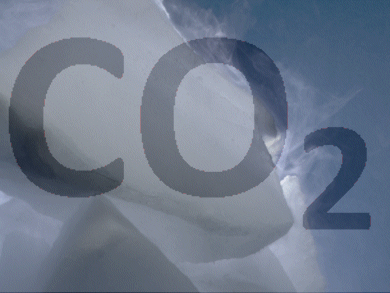Policymakers should avoid putting through new unilateral greenhouse gas (GHG) targets and burdens designed to go beyond the originally stated 20 % reductions, according to Cefic. This follows the European Commission’s adoption of the Roadmap for moving to a low-carbon economy in 2050 and the Energy Efficiency Plan 2011. Cefic noted that unilateral efforts by the European Union to reduce GHG emissions by more than 20 %, setting a new target in the absence of a global climate change agreement, would adversely affect EU industry competitiveness. They especially urged policy leaders to address the pending EU Emissions Trading System (EU ETS) implementation rules and guidelines, which are the main tools to reach the 20 % emission reduction target, as they prevent domestic EU manufacturers from pursuing future investment and planning.
The chemicals sector is instrumental in delivering longer term GHG emissions reduction. It is an innovation catalyst for all industries throughout the value chain, helping them reduce their carbon footprint and providing solutions that reduce emissions while maintaining sustainable growth.
Analysis by Cefic concludes that large scale investments are needed to meet pressing emissions challenges. The group sees public-private investment partnership schemes as the best option, with project money sourced from “recycled” auction revenues from the ETS that are administered by EU member states.
- Cefic (European Chemical Industry Council), Brussels, Belgium




